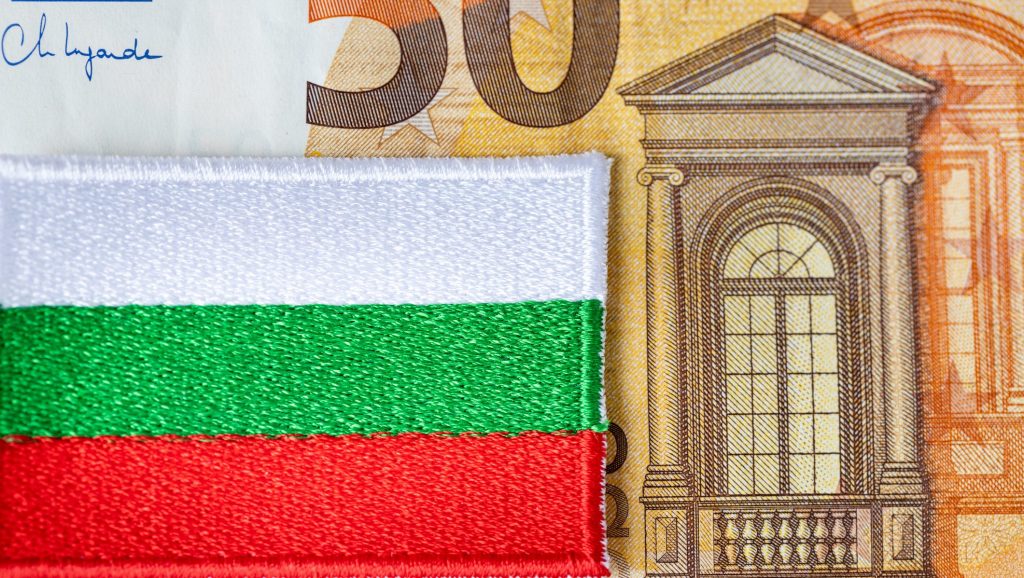New Bulgarian government confirms commitment to eurozone entry

Sofia: The newly elected government in Sofia on Tuesday reaffirmed its commitment to the country’s entry into the eurozone in 2026 and promised to keep a tight lid on budget spending.
PM Rosen Zhelyazkov announced that the 2025 budget will set a deficit of no more than 3%, which would meet the Maastricht criteria, amid concerns that the deficit could reach 7-8%. “The budget must enable the government to request a convergence report on the implementation of the criteria for eurozone membership,” the prime minister said on Tuesday.
“We will not propose exotic measures,” Zhelyazkov said, expressing hope that the opposition would also support the budget because of “the possibility for Bulgaria to meet the criteria for eurozone membership.”
The new government in Sofia was elected in early January with the support of the largest party, GERB (EPP), the pro-Russian Bulgarian Socialist Party, the populist There Is Such a People and one of the parties of the country’s Turkish minority, the MRF-DPS.
The socialists and populists in the coalition have repeatedly called for a delay in Bulgaria’s entry into the eurozone, while GERB and MRF-DPS support it. The four parties signed a coalition agreement in which the adoption of the euro is a top priority, but Bulgarian politics has shown that agreements are often violated for populist purposes.
A survey by the sociological agency Myara published on February 1st shows that Bulgarians are sceptical about the introduction of the euro. While 41% of Bulgarians do not want the country to adopt the euro, 30.8% of Bulgarians accept the introduction of the euro after 2026 and only 25.7% are in favour of immediate entry into the euro zone.
The pro-European liberal coalition We Continue the Change – Democratic Bulgaria (PP-DB) last week accused GERB leader Boyko Borisov of sabotaging the euro’s introduction by manipulating budget data.
Borissov is publicly trying to prove that GERB inherited a heavy financial burden and a large budget deficit that the new government will have to deal with. If it is proven that the budget deficit is above 3% of GDP, this could halt the process of joining the eurozone.
Zhelyazkov’s statement that the government will work to maintain a deficit of 3% has calmed the opposition, which has promised support.
“A budget with a 3% deficit and entry into the Eurozone on 1 January 2026 is our priority. If Rosen Zhelyazkov works to achieve this goal, he will have our support for these specific steps,” former prime minister Kiril Petkov, who is one of the parliamentary leaders of the PP-DB commented.





